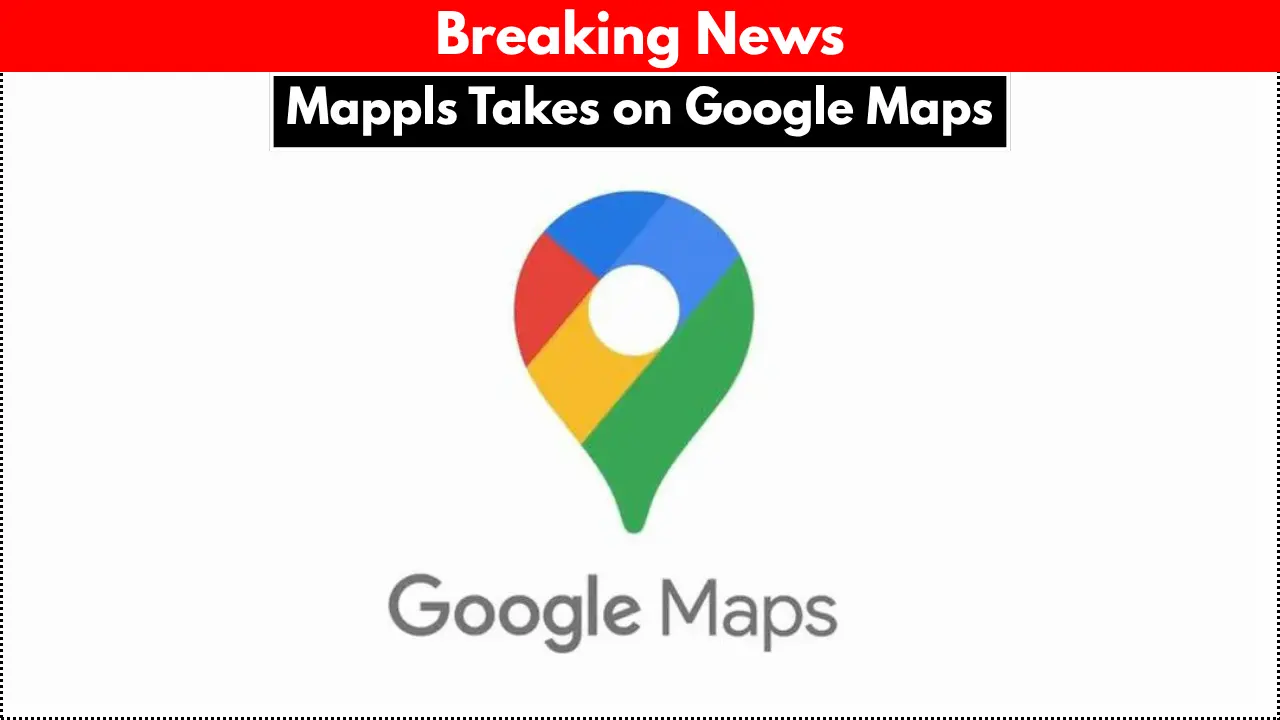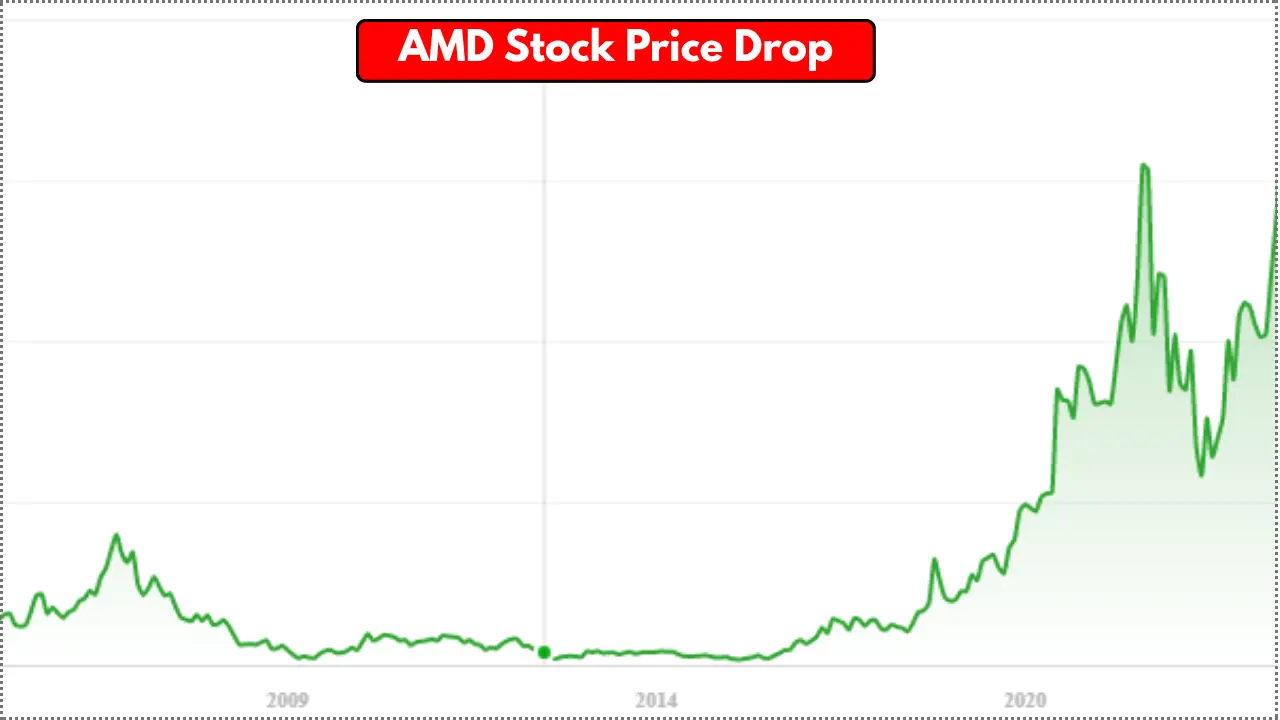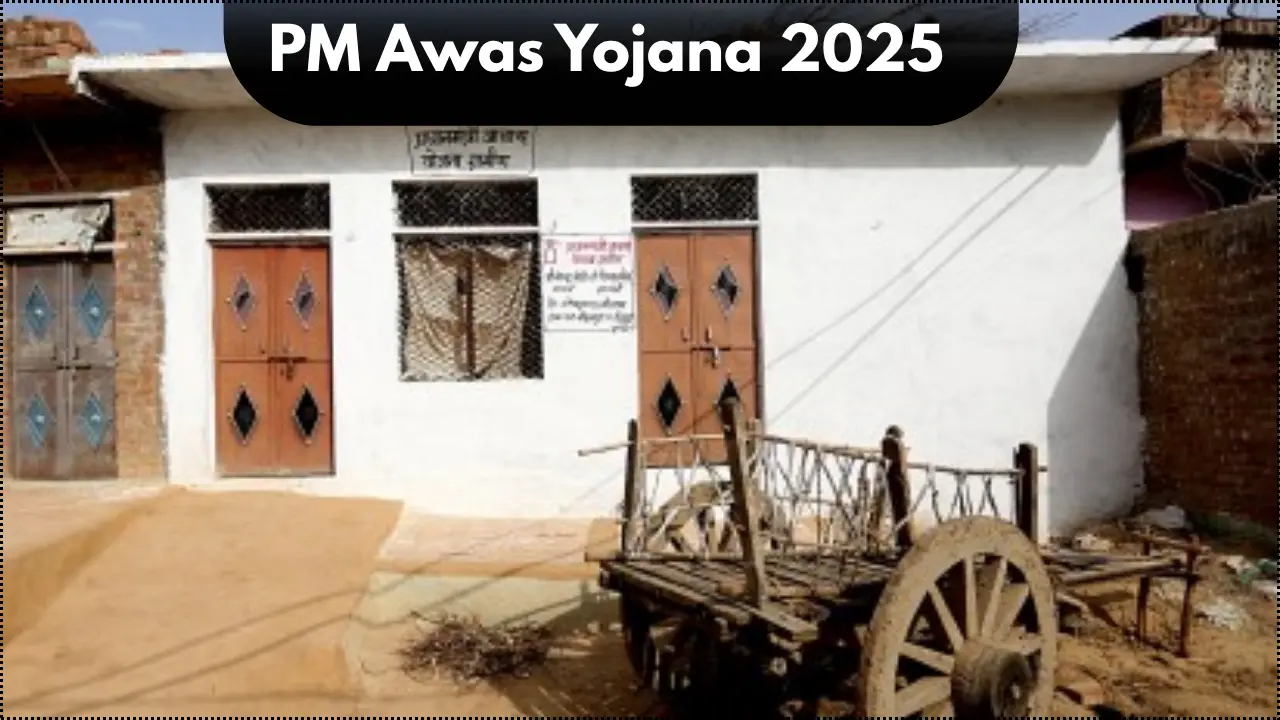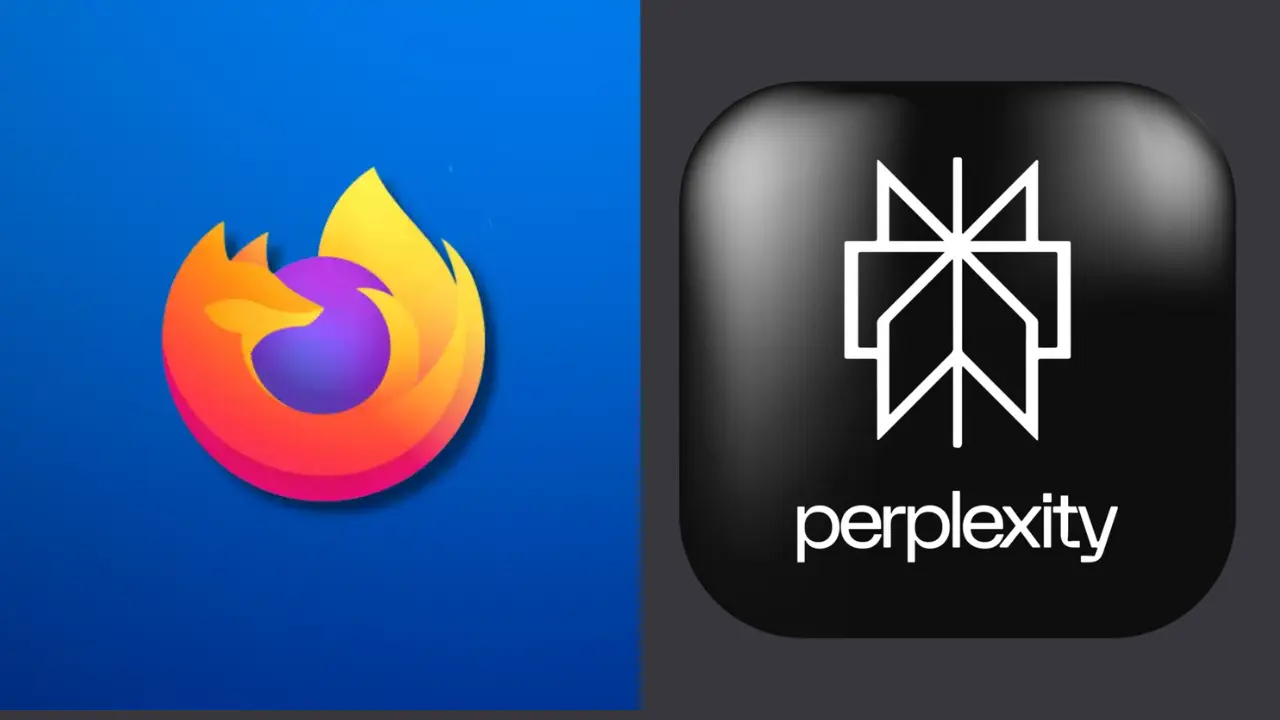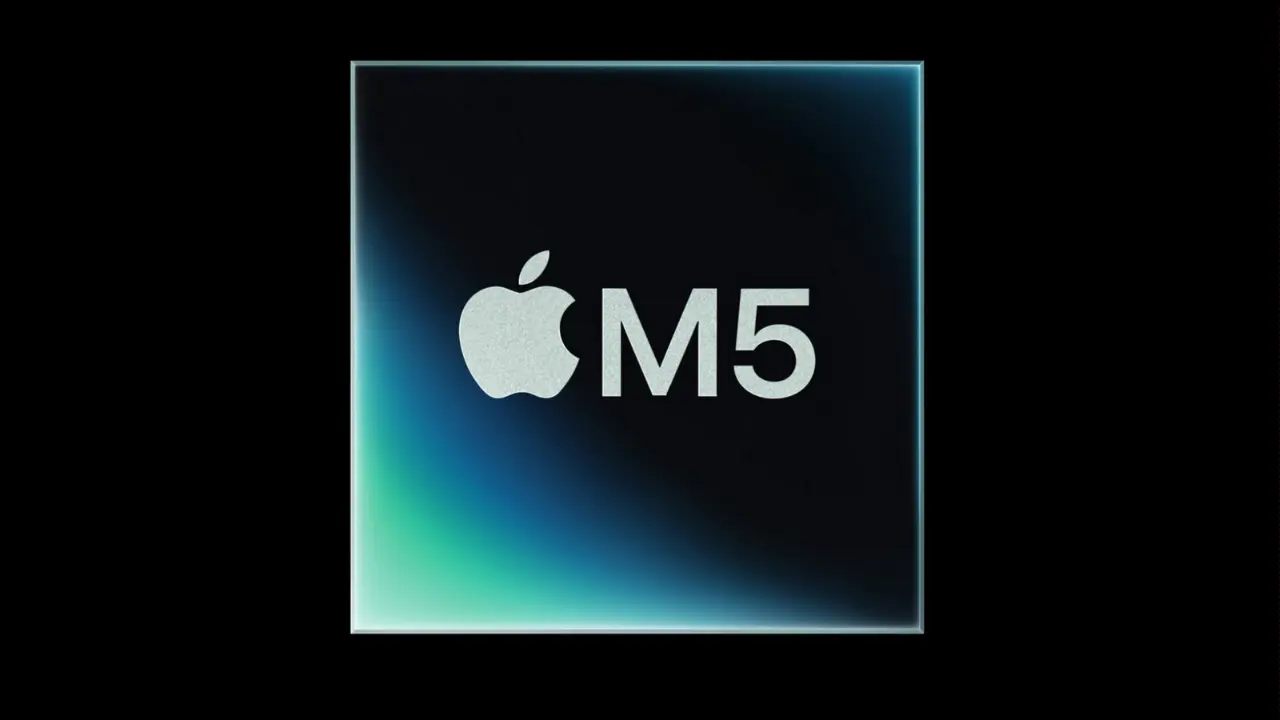H1B Visa News: The landscape for skilled professionals seeking to work in the United States is undergoing one of its most significant transformations in years. Recent changes to the H-1B visa program, a critical pathway for international talent, are set to redefine the application process for both employers and prospective employees. As the dust settles on these new regulations, understanding their direct impact is crucial for anyone involved in this competitive process.
A Fundamental Shift: The New Beneficiary-Centric Model
The U.S. Citizenship and Immigration Services (USCIS) has officially implemented a “beneficiary-centric” selection process for the H1B lottery. In the past, the system allowed for multiple registrations to be submitted for a single individual by different employers, which artificially inflated registration numbers. This practice often created an unfair advantage for candidates who could secure numerous job offers, skewing the odds in the random selection process.
Under the new rule, each prospective employee is entered into the selection process only once, regardless of how many job offers or registrations they have from different employers. This change is designed to ensure that every candidate has an equal chance of being selected based on their individual merit, not on the volume of registrations submitted on their behalf. The goal is to level the playing field and reduce system gaming.
Understanding the Impact on Applicants and Employers

For H1B visa applicants, this new system promotes greater fairness. A highly skilled professional with a single, legitimate job offer now has the same statistical chance of selection as a candidate with multiple offers. This shift encourages applicants to focus on securing a genuine position with an employer who truly intends to hire them, rather than collecting offers simply to increase their lottery odds, thereby reducing stress and uncertainty.
Employers, in turn, will find that the focus has shifted from quantity to quality. The beneficiary-centric approach disincentivizes the practice of filing registrations for candidates who may not be the company’s primary choice. This encourages businesses to be more deliberate in their hiring and sponsorship decisions, potentially leading to stronger, more committed employment relationships from the outset and streamlining their internal recruitment and immigration strategies for foreign talent.
Significant Fee Adjustments for H1B Petitions
A major component of the recent H1B visa news involves substantial changes to the fee structure. Most notably, the electronic registration fee for each beneficiary has increased dramatically from $10 to $215. USCIS has stated that this adjustment is necessary to cover the operational costs associated with administering the registration system and to fund overall improvements in service, including fraud detection and technological upgrades.
This fee increase will likely have a varied impact across different types of businesses. While large corporations may absorb the additional cost with minimal disruption, startups and small businesses could face a significant financial barrier. This could influence their ability to compete for top-tier global talent, potentially forcing them to be more selective in their sponsorship decisions and strategic about their hiring budgets for skilled foreign workers.
Navigating the H1B Lottery 2025 and Beyond

With these new regulations in place, both applicants and employers must adapt their strategies for the H1B Lottery 2025 and future cycles. Staying current with official announcements from USCIS is more important than ever. While the selection process has changed, the core eligibility requirements for an H1B visa—such as holding a bachelor’s degree or its equivalent and working in a specialty occupation—remain firmly in place.
Proactive preparation will be key to successfully navigating the new system. Employers and beneficiaries should ensure all documentation is in order well before the registration window opens. Coordinating closely with an experienced immigration attorney can help clarify any confusion regarding the new rules, ensure compliance with all requirements, and prepare a strong petition if selected, minimizing the risk of delays or denials in the process.
The Broader Context of US Immigration Policy
These H1B program changes do not exist in a vacuum; they are part of a broader trend in U.S. immigration policy aimed at enhancing the integrity and efficiency of the legal immigration system. The moves to a beneficiary-centric model and increased fees are consistent with a wider effort to reduce fraud, streamline processing, and ensure that immigration programs are financially self-sufficient and serve their intended purpose.
Ultimately, the long-term goal appears to be the creation of a more predictable and equitable system for high-skilled immigration. By ensuring that each candidate gets a fair chance and that the program’s costs are adequately covered, policymakers hope to strengthen the H1B visa as a reliable tool for U.S. companies to attract the world-class talent needed to drive innovation and economic growth. For more in-depth legal analysis, organizations like the American Immigration Lawyers Association (AILA) provide valuable resources.
Disclaimer: The information provided in this article is for general informational purposes only and does not constitute legal advice. Immigration laws and regulations are complex and subject to change. You should consult with a qualified immigration attorney for advice regarding your individual situation.
Read More:

